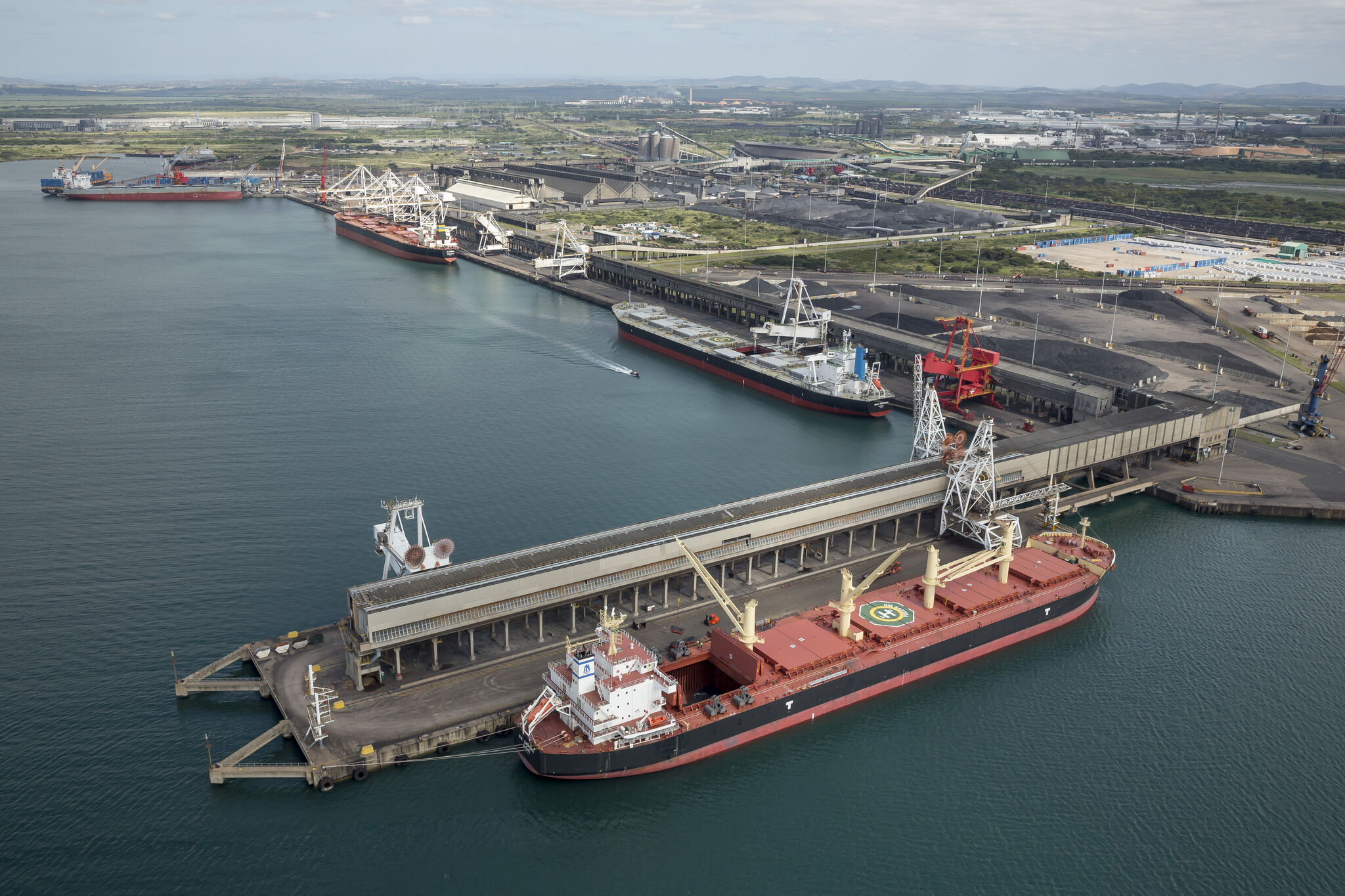South Africa’s Transnet National Ports Authority has appointed Dutch terminal operator Vopak and its consortium partner Transnet Pipelines to build and operate a liquefied natural gas (LNG) import facility at the Port of Richards Bay.
Both TNPA and Transnet Pipeline are part of South African rail, port, and pipeline company, Transnet, owned by the government of South Africa.
Following a procurement process through a request for proposals, TNPA has appointed the
Vopak & TPL consortium to design, develop, construct, finance, operate, and maintain
the LNG terminal in the South Dunes Precinct at the Port of Richards Bay for a period of 25
years, it said in a statement.
TNPA said the terminal is a partnership between the private sector and the public sector, with the private sector as the lead investor.
Also, TNPA will invest in the common user port infrastructure, while the terminal operator will provide the terminal infrastructure.
2027
TNPA said this terminal is set to change the “economic dynamics of the port city, the KwaZulu Natal Province and introduce an alternative source of energy as South Africa battles an energy crisis and transitions towards decarbonization.”
The firm said this project is the first of its kind in South Africa and brings TNPA closer to its strategic goal of assisting the country through this LNG import terminal and as a midstream LNG importation infrastructure for markets in the KwaZulu Natal hinterland.
According to TNPA, project timelines will see the commercial operation during 2027, with the next step being the signing of the terminal operator agreement which is currently under negotiation.
TNPA did not reveal any information regarding the LNG import terminal in the statement.
According to TNPA’s tender documents issued in 2022, the LNG-to-power project must be designed to enable the realization of a minimum annual throughput of 1 million tons per annum scaling up to achieve a throughput of 5 million tons per annum by 2036.
TNPA’s document shows that the project could include an FSRU to be located at Berth
207 in the port.
Vopak’s LNG growth
LNG Prime contacted Vopak to provide more information on the terminal.
A spokeswoman for Vopak said this move “very well fits into Vopak’s strategy to grow in LNG”, but she declined to provide more details.
Vopak has extensive experience in LNG terminal operations.
In partnership with Dutch Gasunie, it operates the Gate LNG terminal in Rotterdam and the FSRU-based LNG hub in Eeemshaven.
Vopak also has a 60 percent stake in the Altamira LNG terminal in Mexico, a 49 percent share in Colombia’s only FSRU-based LNG import facility in Cartagena, and a 44 percent stake in the Engro Elengy FSRU-based terminal in Pakistan.

